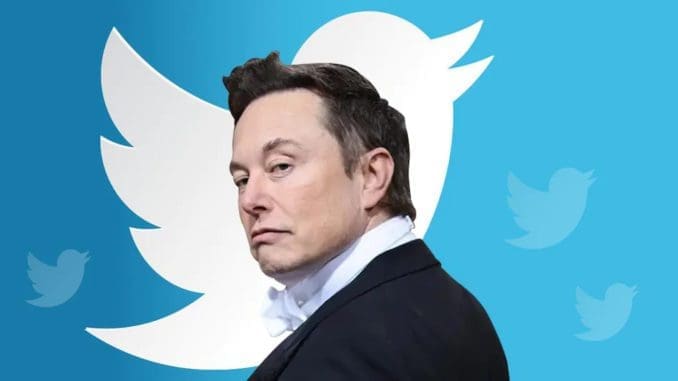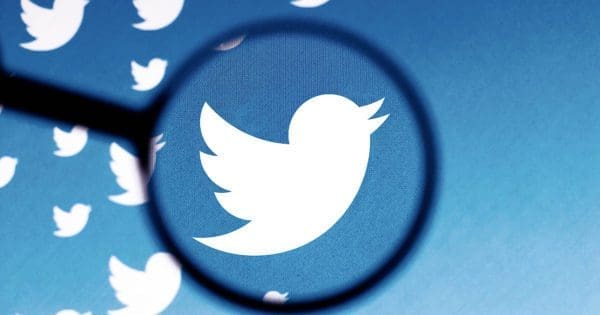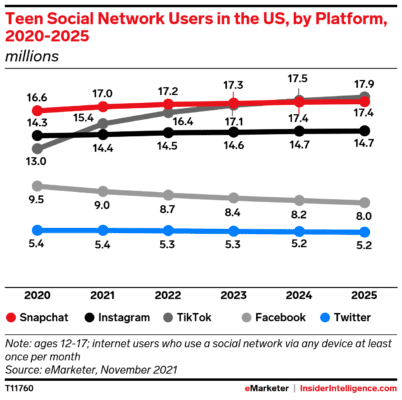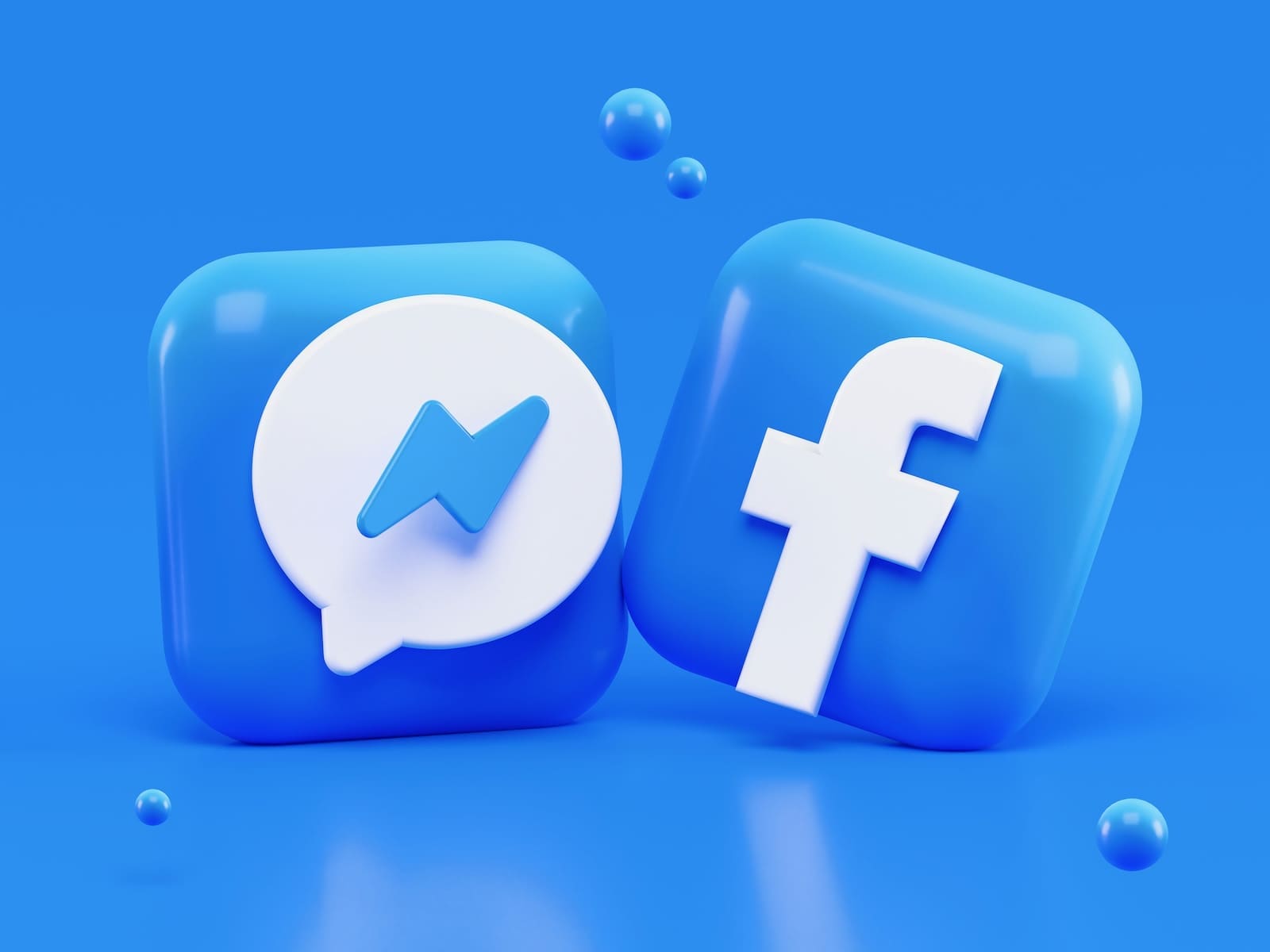
Elon Musk’s takeover of Twitter was heralded by several drastic measures taken in the name of profitability. Firing the staff en masse, introducing a new subscription model to the website where you can pay to get the iconic blue verified checkmark alongside other features, allowing accounts to monetize their posts, and lastly, strides taken in using user data for more focused SEO endeavors with the separation of the ‘For You’ and ‘Following’ timelines (one featuring tweets from people you follow and the other showing you tweets based on what the algorithm believes you are interested in).
Twitter and Content Creation
It’s pretty apparent the website is going for a content creation model to funnel more advertisers back into their grasp, combined with turning the site into a subscription service to further extract monetary assets from their community. While we don’t have public records to reaffirm the commercial success brought about by these changes, we do have the very vocal dissatisfaction voiced by the average Twitter user to go off. So? Why are the people upset?
Twitter – The Blue Tick
The blue check prioritization has made reply sections utterly unnavigable, the verification system is all but obsolete, and the constant push of user data-based advertising content is putting a bevy of unwanted garbage on people’s timelines and updates where features are slowly restricted from the free to pay user experience is rolling out and being taken back every week due to mass dissatisfaction. All this is taking a toll on the average tweeter.

Twitter (X.com) is losing its sociability in favor of integrating many things the current user base absolutely does not want that simultaneously diminishes what the website is good at.
Something which set Twitter apart in the past was that no other website was better for meeting new people, no matter how far they were. Accessibility and a clear focus on a bevy of ways to interact with people through replies, likes, quote tweets, direct messages, private accounts, and most importantly, a completely free user experience with universally applied QOL improvements made it what it is, a proper global social network where people could form genuine human connections with each other.
As things stand now, removing accessibility and creating a user hierarchy depending on monetary assets HEAVILY diminishes the welcoming, equalized social environment(while not perfect, still passable) it used to be. Plus, replies being put up not because people like them but because people paid for them to be pushed up makes liking them almost have zero value, and the replies which are put up coincidentally end up either being banal hateful nonsense or an auto-generated advertising post, a whole section for people to socialize in, gone, just like that.
So what’s the endgame? Or is this the endgame for it all?
Twitter (X.com) Vs Facebook (META) and Commercialization
Let’s look at a similar instance of a website taking a more monetary focus to run its website, META, better known as Facebook.
Initially, a prestigious website for college students to talk to each other, which then opened up to the public to massive popularity. Facebook was the face of social media in its heyday. However, nowadays, you find the word used with some sarcastic contempt as it’s mostly known as social media for people who are far too old to know how a phone works.

So, what happened there? Well, when Zuckerberg and his team started their campaign of user data-based advertising to turn the website into a quasi-marketplace/content creation hub, its rustic personalized vibe was a thing of the past. With the main reason, i.e., staying in touch with your circle of close friends having so much algorithmically generated schlock thrown into it, coupled with fears of just how much data was being taken from the average user, the conscious youth slowly started to pack up and leave.
However, unlike Twitter (X.com), while it can be argued that there were some nudges, users weren’t directly pushed out; the content sludge and data mismanagement were simply so overwhelmingly harmful that they left voluntarily.
A similar issue faces Twitter (X.com), albeit in a different way; while both Facebook and Twitter (X.com) force their commercial endeavors upon their users, it’s solely Twitter (X.com) that excludes its users by gatekeeping features the website offers that would significantly improve the QOL of the average user behind a paywall. This, of course, does not account for attempts made to put free-to-use features behind a paywall, too, with the recent rate limit fiasco.
So, in a way, Musk’s Twitter (X.com) is engaging in worse practices than Zuckerberg’s META did, which in all fairness, is a massive achievement.

It’s not lost on the people that money is needed to run these companies, pay employees, maintain servers, pay for offices, etc. However, should the funding come at the expense of making social media unsociable unless one can afford it? Should endless expansion, till the only way to sustain said expansion is by removing what made the product worthwhile, be the endgame for free market capitalism?
Technology is already limited to a subsection of the population that is privileged enough to not be in complete poverty, is economically gatekeeping it even further the just way to run things? Especially when its existence is integral to the modern way of life.
Twitter (X.com), for instance, is one of the many premiere non-forum social media websites for journalists, news outlets, and governmental bodies to convey the day-to-day happenings to a population that doesn’t watch television anymore.
It’s deluded to consider it any less than an essential part of modern life, especially with the integration of seamless fact-checking via community notes being added to the website. Even before this, the website’s varied engagement methodologies made it relatively easy to cross-check any piece of info with a massive free all of the replies and quote tweets, at least one of which will provide you with some sources.
We already see signs of this spreading to other websites like Reddit, which will continue. Maybe one day, the image of social media will be warped from a free, democratized (or well, somewhat close enough) open space where people communicate with one another to simply another subscription service that those alone with expendable incomes can enjoy in their exclusive club.




Be the first to comment